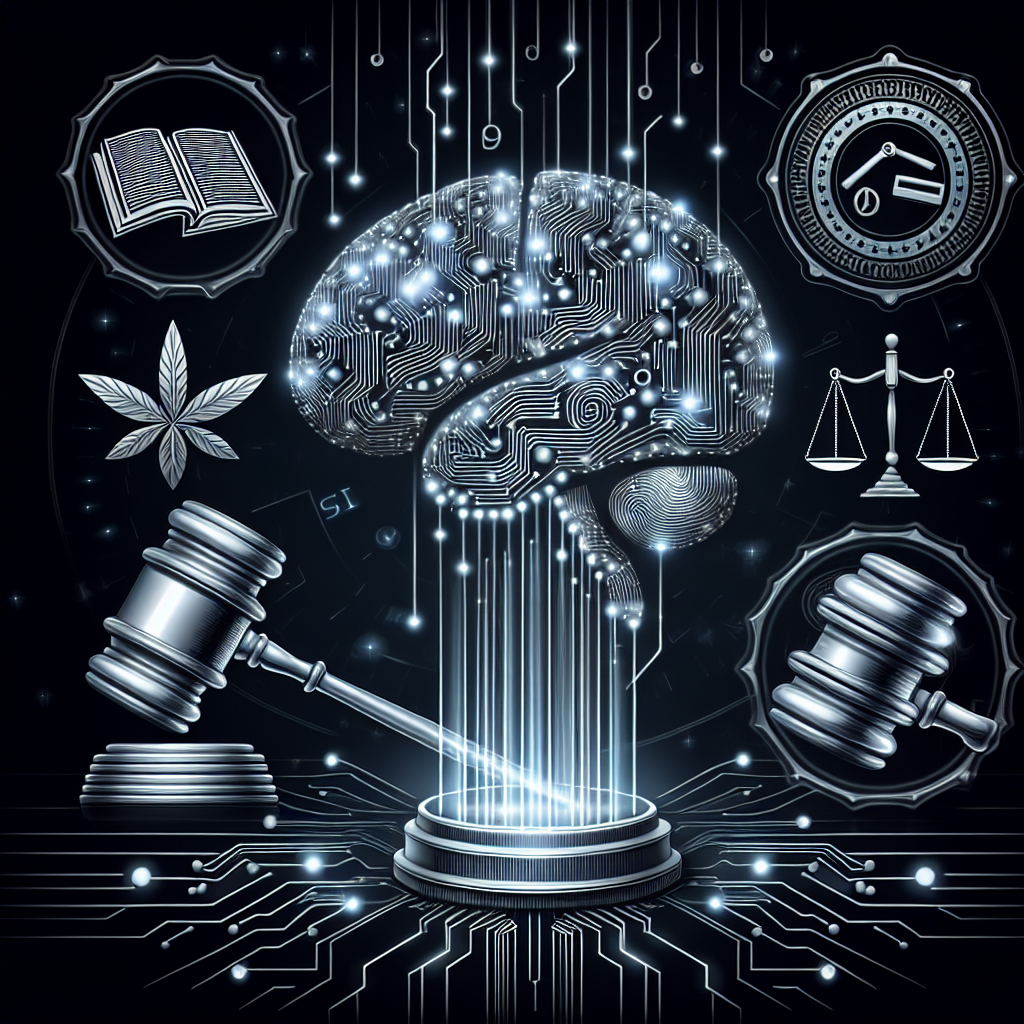The Role of AI in Improving Government Efficiency and Effectiveness
Artificial Intelligence (AI) has emerged as a powerful tool for improving government efficiency and effectiveness in various ways. From streamlining administrative processes to enhancing decision-making capabilities, AI has the potential to transform the way governments operate and deliver services to their citizens. In this article, we will explore the role of AI in improving government efficiency and effectiveness, and how it can help address some of the key challenges faced by governments around the world.
1. Streamlining Administrative Processes
One of the key ways in which AI can improve government efficiency is by streamlining administrative processes. Many government agencies are bogged down by manual and repetitive tasks, such as data entry, document processing, and information retrieval. AI-powered tools can automate these processes, freeing up valuable time and resources for government employees to focus on more important tasks.
For example, AI can be used to automate the processing of applications for government benefits, such as social security or unemployment benefits. By using natural language processing and machine learning algorithms, AI can quickly analyze and verify the information provided by applicants, reducing the time and resources needed to process each application. This not only speeds up the delivery of benefits to citizens but also reduces the risk of errors and fraud.
2. Enhancing Decision-Making Capabilities
Another key benefit of AI in government is its ability to enhance decision-making capabilities. Government agencies often have to make complex decisions that require analyzing large amounts of data and considering various factors. AI-powered tools can help government officials make more informed decisions by analyzing data, identifying patterns and trends, and providing insights that human analysts may not have been able to uncover.
For example, AI can be used to analyze data from different sources, such as social media, news articles, and government reports, to identify potential threats to national security or public safety. By using machine learning algorithms, AI can detect patterns and anomalies in the data that may indicate a potential threat, allowing government agencies to take preemptive action to protect citizens.
3. Improving Service Delivery
AI can also help governments improve the delivery of services to citizens by providing personalized and proactive support. By using AI-powered chatbots and virtual assistants, government agencies can provide citizens with quick and convenient access to information and services, without the need for human intervention.
For example, AI-powered chatbots can be used to answer common questions from citizens about government services, such as how to apply for a driver’s license or renew a passport. By using natural language processing and machine learning algorithms, chatbots can understand the intent of the user’s query and provide the most relevant and accurate information in real-time.
4. Increasing Transparency and Accountability
AI can also help governments increase transparency and accountability by providing greater visibility into their operations and decision-making processes. By using AI-powered tools to analyze data and monitor performance, government agencies can identify inefficiencies, detect fraud and corruption, and ensure compliance with regulations and policies.
For example, AI can be used to analyze financial transactions and procurement processes to identify potential instances of fraud or misuse of funds. By using machine learning algorithms, AI can detect patterns and anomalies in the data that may indicate fraudulent activities, allowing government agencies to take corrective action and hold responsible parties accountable.
5. Addressing Key Challenges
AI can also help governments address some of the key challenges they face in providing services to citizens, such as limited resources, increasing demand for services, and changing demographics. By leveraging AI-powered tools, governments can optimize their operations, improve service delivery, and enhance decision-making capabilities to better serve the needs of their citizens.
For example, AI can be used to optimize public transportation routes and schedules to better meet the needs of passengers and reduce congestion. By analyzing data on passenger demand, traffic patterns, and weather conditions, AI can recommend changes to routes and schedules that can improve efficiency and reduce wait times for passengers.
FAQs
Q: Can AI replace human workers in government agencies?
A: While AI can automate many routine tasks and processes, it is unlikely to completely replace human workers in government agencies. AI is best suited for tasks that are repetitive, rules-based, and require processing large amounts of data. Human workers are still needed to provide judgment, critical thinking, creativity, and empathy in decision-making processes.
Q: How can governments ensure the ethical use of AI in decision-making?
A: Governments can ensure the ethical use of AI in decision-making by establishing clear guidelines and regulations for the use of AI, ensuring transparency and accountability in decision-making processes, and monitoring the impact of AI on society. It is important for governments to consider the ethical implications of AI, such as bias, discrimination, and privacy concerns, and take steps to address these issues.
Q: What are the potential risks of using AI in government?
A: Some potential risks of using AI in government include bias and discrimination in decision-making, loss of jobs due to automation, privacy concerns, and cybersecurity threats. Governments need to carefully consider these risks and take appropriate measures to mitigate them, such as implementing safeguards, conducting regular audits, and providing training to employees on the ethical use of AI.
In conclusion, AI has the potential to revolutionize the way governments operate and deliver services to their citizens. By streamlining administrative processes, enhancing decision-making capabilities, improving service delivery, increasing transparency and accountability, and addressing key challenges, AI can help governments improve efficiency and effectiveness in a wide range of areas. However, it is important for governments to carefully consider the ethical implications and potential risks of using AI and take steps to ensure responsible and ethical use of this powerful technology.

